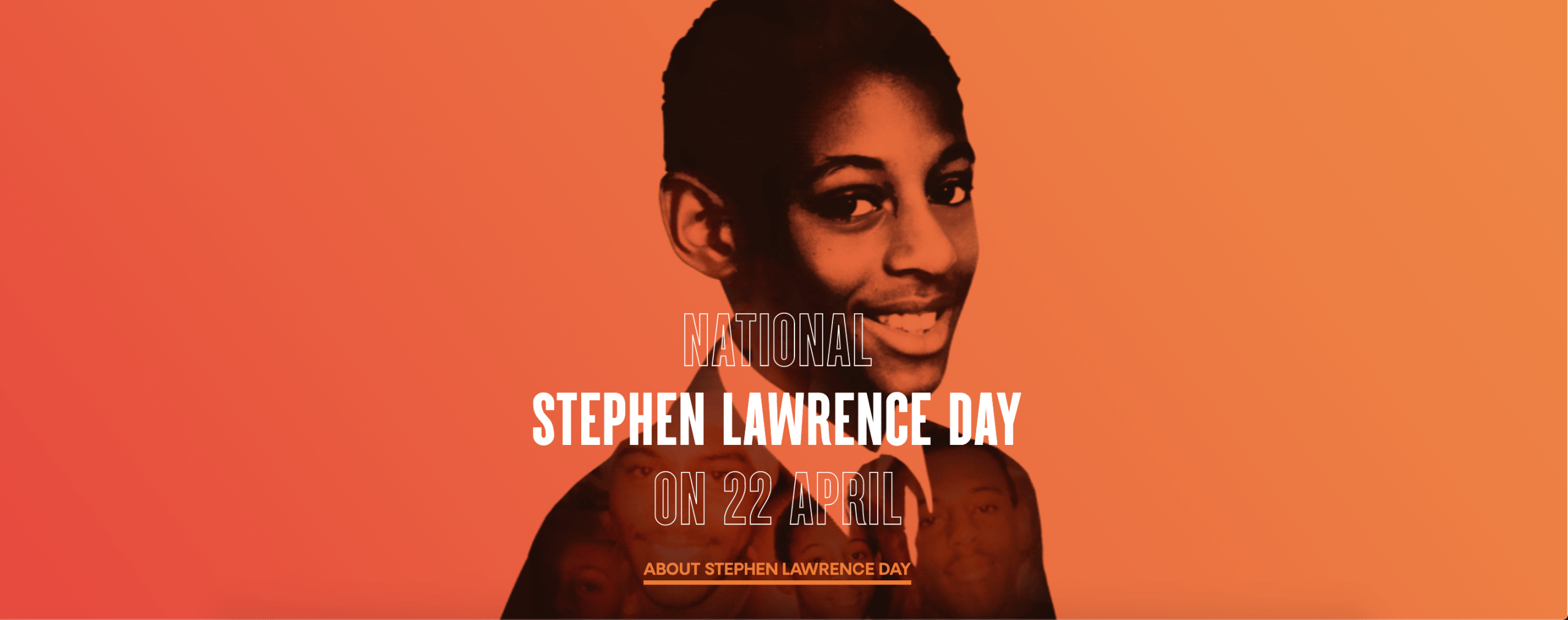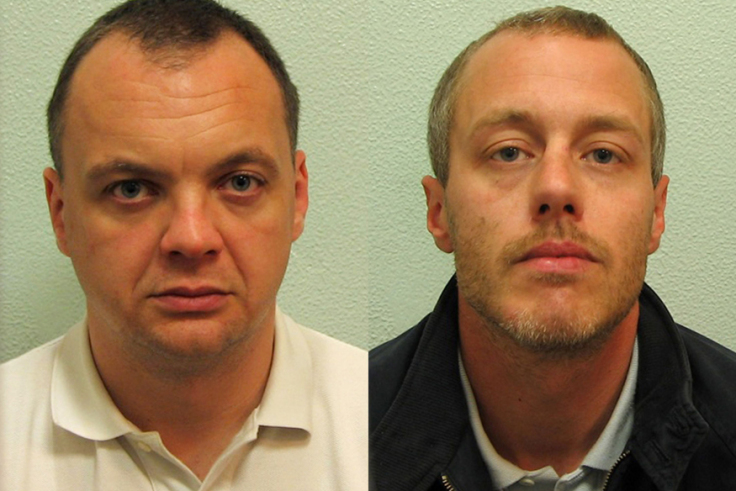
22 April marks Stephen Lawrence Day – an awareness day in honour of Stephen Lawrence. It’s about the part we all play in creating an inclusive society where everyone can flourish.
Who is Stephen?
Stephen Lawrence was born and grew up in south-east London, where he lived with his parents Neville and Doreen, his brother Stuart and sister Georgina.
Like most young people, he juggled an active social life, schoolwork, family commitments, and part-time employment. But he also had ambitions to use his talent for maths, art and design to become an architect, and wanted to have a positive impact on his community.
How Stephen died
Tragically, Stephen’s dream of becoming an architect was never realised. On 22 April 1993, he was murdered in a brutal and unprovoked racist attack. He didn’t know his killers, and his killers didn’t know him. He was only 18 years old.
What happened to his killers?
After the initial police investigation, five suspects were arrested but the Crown Prosecution Service dropped the charges due to “insufficient evidence”. Stephen’s parents launched a private prosecution against three suspects, but that failed in 1996.
It wasn’t until 2012 – almost 19 years after Stephen’s death – that two of the original suspects in Stephen’s killing, Gary Dobson and David Norris, were found guilty of his murder and sent to prison, after new evidence was found.

In August 2020, the Metropolitan police declared the investigation into Stephen’s death “inactive”. They said “all identified lines of inquiry have been completed”, which means no one else can be taken to trial and held responsible for Stephen’s death, unless the case is later reopened.
The Metropolitan Police Commissioner, Cressida Dick, said she was sad that the Met had been “unable to secure any further convictions for Stephen, his family and friends”. Although there were other suspects in Stephen’s murder, the Metropolitan police have now closed active investigations.
The impact of Stephen’s death
A public inquiry into the handling of Stephen’s case was held in 1998, leading to the publication of the Macpherson Report. The report accused the Metropolitan Police of institutional racism and made 70 recommendations, mainly aimed at improving police attitudes to racism. It has been called “one of the most important moments in the modern history of criminal justice in Britain”.
It led to profound cultural changes in attitudes to racism, to the law and to police practice. It also paved the way for a greater understanding of discrimination of all forms and new equalities legislation.
For many people, Stephen’s murder and the investigation into it by the police showed that there was still a lot of racism in Britain.
Legacy and recognition
- On 23 April 2018, Prime Minister Theresa May announced that Stephen Lawrence Day would be an annual national commemoration of his death on 22 April every year, starting from 2019.
- An annual architectural award, the Stephen Lawrence Prize, was established in 1998 by the Marco Goldschmied Foundation in association with the Royal Institute of British Architects in Lawrence’s memory.
- On 7 February 2008, the Stephen Lawrence Centre opened in Deptford, south-east London
- In October 2012, Stephen’s mum, Doreen Lawrence received a Lifetime Achievement Award at the 14th Pride of Britain Awards. She was awarded a peerage in 2013, as Baroness Lawrence of Clarendon.
- A Stephen Lawrence Research Centre was built at De Montfort University, located inside the Hugh Aston building.
- Most recently, anyone watching the BBC series Line of Duty may have noticed the poignant tributes to Stephen Lawrence (and Christopher Alder, a black man who died in police custody) in Series 6. Read more here (may contain spoilers).
What is racism?
Racism is an organized social system in which the dominant racial group, based on an ideology of inferiority, categorizes and ranks people into social groups called “races” and uses its power to devalue, disempower, and differentially allocate valued societal resources and opportunities to groups defined as inferior.
Race is primarily a social category, based on nationality, ethnicity, phenotypic, or other markers of social difference, which captures differential access to power and resources in society.
Directly and indirectly, racism kills.
